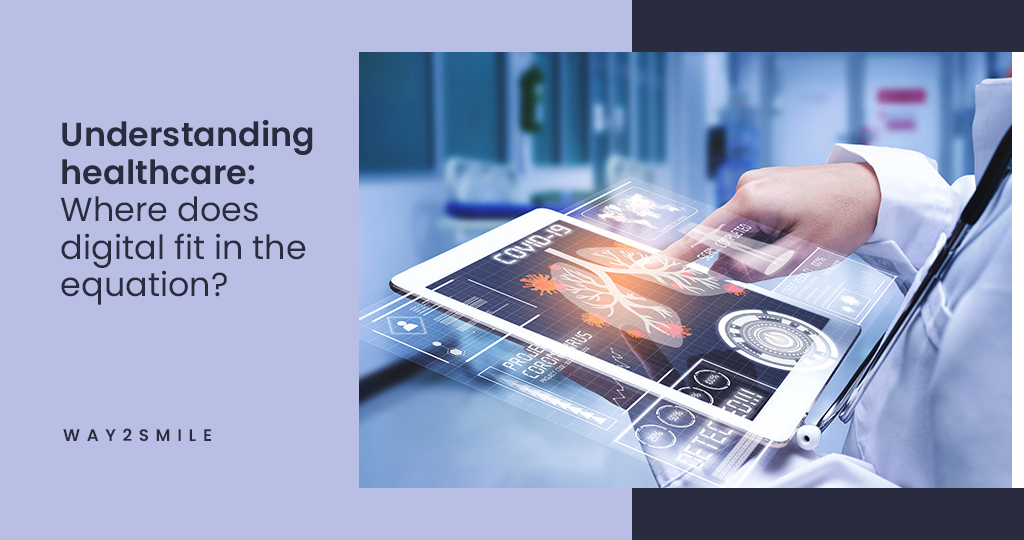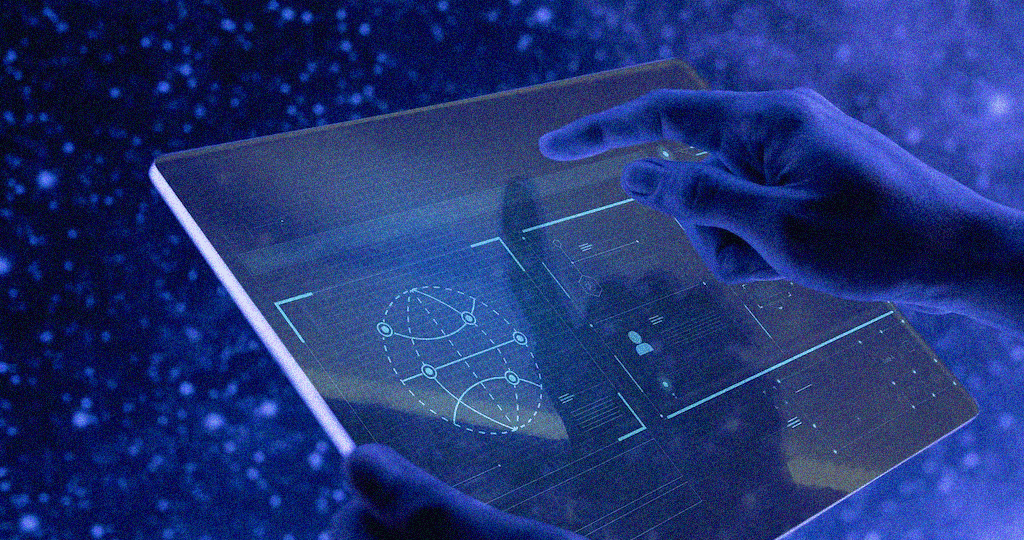If there's anything we (people, organizations, and governments) can learn from the last few years, we can learn to be more prepared while facing the unknown. This may sound a little like walking in the dark, but today's technologies can actually illuminate the path for us to be more aware of our trajectory. Take the pandemic, for instance. By the time we realized that we were under attack, the initial damage was already done! Even with influential technologies in our arsenal, we lacked the will to use them, making COVID one of the deadliest viruses in history.
There is a clear gap between governments and resources, and collaboration seems like a distant dream even in this digital era. However, post-pandemic, many organizations and government agencies are reinforcing their strategies to deal with the unknown, and technology will be at the core of such strategies to help us identify, analyze, and neutralize such threats. And the first step in building this giant roof over our heads is collecting data. Data of all sorts and nature will be collected and analyzed to help governments and organizations make better decisions and narrow down the risk horizon in the process. So, as a leading technology service provider, we will be putting our best foot forward to help the world be more prepared.
The space for digital
To avert events like COVID, our best bet is to start reinforcing the healthcare facilities. Healthcare organizations have countless opportunities to not just leverage data but also to create reliable data sources. From the initial inspection to discharging a patient, healthcare organizations can collect first-hand data from patients, and this data set can provide tremendous insights to identify and even counter any abnormalities. Though the global healthcare landscape is embracing digital technologies, the penetration of such technologies needs to be deeper and reach the ground levels for the real impact to kick in. Structures like hospitals and clinics will most probably be the first ones to encounter the ground-zero patient, so the transformation should start at this micro-level.
With technologies like cloud computing, storing and accessing oceans of data is made simple and efficient. Our industry experts strongly believe that as cloud adoption increases among healthcare organizations, the foundation for data will get even stronger. Many large-scale healthcare organizations are already on the digital bandwagon to simplify and amplify their process. It is only a matter of time before the rest of the organizations jump in on it. But, such changes usually happen at a relatively slower rate in government-run healthcare organizations. Part of the problem is that it's the government, meaning a unified approach and large-scale deployment needs to be devised before they start with the implementation. So, the fastest way to make this happen is through collaboration.
Forging relationships with government agencies
By partnering with technology service providers, governments basically have access to a wide range of market-tested and proven resources. Also, they have the infrastructure they need to formulate and deploy an effective strategy. This rapidly decreases the time to bring actionable solutions to the field, as time is crucial in navigating such tight corners. Collaborations with government agencies also help in creating an interdependent ecosystem, allowing all the stakeholders to thrive when the odds are stacked against them. So, it's basically a win-win for both the governments and the technology providers as they move forward.
Getting to the right data at the right time
It's an undeniable fact that contextual data have more value than those in the void. Plus, it provides actionable insights to a wider audience. For example, many government organizations created a centralized public data system during the pandemic to accelerate information transfer.
Making such immediate data accessible to the public helped a great deal in creating awareness among people. Contrary to popular belief, transparency of the situation to the public made them more confident and helped them skip rumors and misinformation. The healthcare infrastructure was in dire need of recording their interactions while progressing in their efforts. It took a toll on many healthcare professionals, and an autonomous digital system could have taken a huge load off them if we would have had the environment to integrate it.
Is digital healthcare practical?
Many people often think about just telemedicine applications when they think of digitizing the healthcare space. Digital in healthcare works on both core and support operations. Access to digital platforms has created many applications for activities like medicine ordering, doctor appointments, first respondent/emergency services, medical insurance and records maintenance, and many others. Telemedicine applications have become even better with recent technologies. AI chatbots, in particular, have been a great help for doctors in interacting with their patients.
It saves a lot of time, and the best part is that it evolves with every interaction, making it more reliable and accurate. Many telemedicine applications leverage technologies like Jitsi to create a seamless, interactive video conferencing experience. Platforms like Blackberry spark further reinforce the integrity and security of these platforms, keeping the patient records encrypted. So, digital healthcare has already arrived, and it's only a matter of time before it becomes the new normal.
Wrapping this up
From app development services to big data analytics, your organization can stay ahead of the curve by leveraging these services. Many IT consulting firms in Dubai, UAE, are providing such state-of-the-art services for a wide range of enterprises across industries. When it comes to healthcare app development, the strategy needs to be more human-centric and take a universal approach to user experience for better engagement. So, embracing the digital disruption in healthcare can be a great way for us to prepare and counter inevitable situations as a nation!







